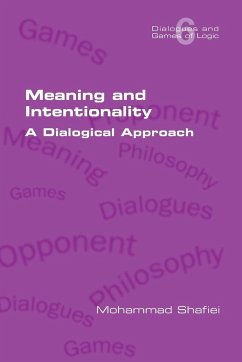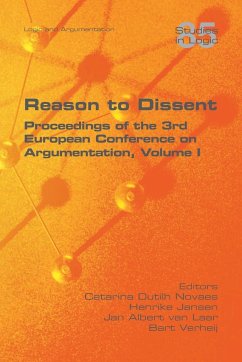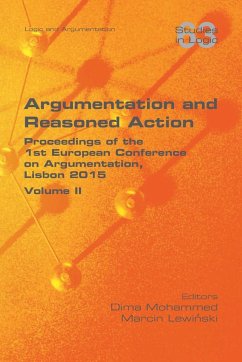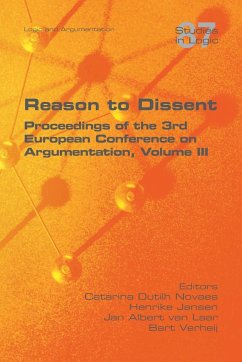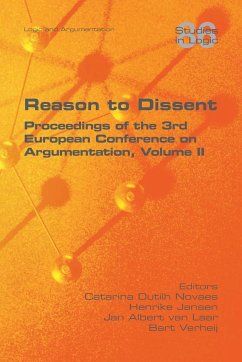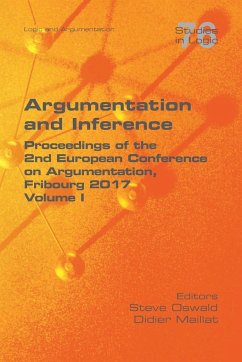The objective of the present work is to develop a theory of meaning based on the method of transcendental phenomenology. The key idea of the project is to explain the constitution of the meaning by means of the analyses of the intentionality. We have investigated different intentional acts which are functioning in the expression and in constructing the meanings. In this regard we have studied, first, the act of the primordial expression, in which a content of an intuition is raised to the realm of the ideal, and then the acts of the categorial synthesis, in which further meanings are constituted in the absence of their proper intuition. We have investigated the effects of the phenomenological theory of meaning to the conception of pure logic. Dialogical semantics is shown to be an adequate framework, from the phenomenological point of view, to interpret logical reasoning and to explain the meaning of the logical constants as well. We have also discussed the meanings of some logical connectives, and their formalizations, using our phenomenologico-dialogical method. In particular, the meaning explanations of negation(s), strict implication and necessity are given in a way which is not model theoretic nor proof theoretic, but based on the transcendental intentionality as manifested in the course of the dialogue.
Hinweis: Dieser Artikel kann nur an eine deutsche Lieferadresse ausgeliefert werden.
Hinweis: Dieser Artikel kann nur an eine deutsche Lieferadresse ausgeliefert werden.

